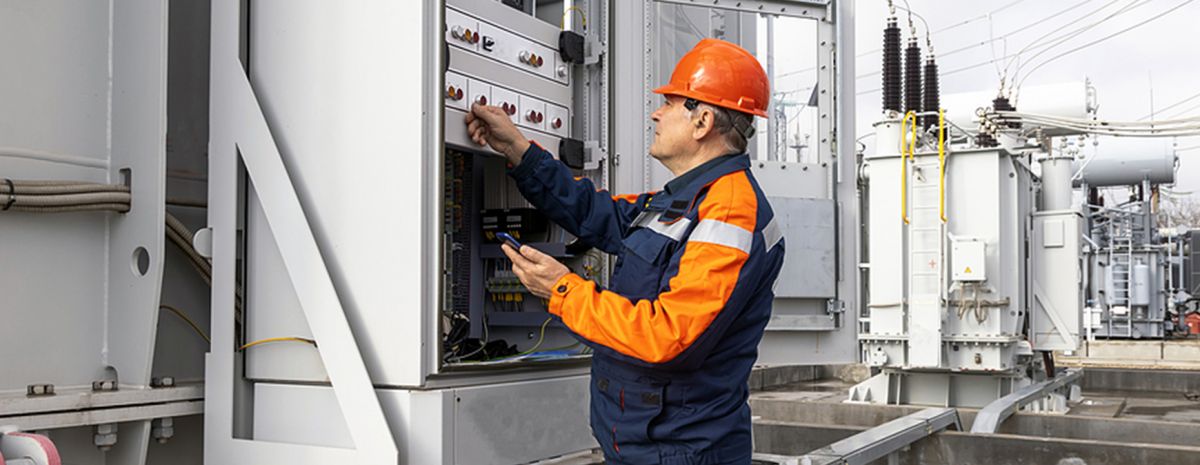RSI is a Great Training Option for Everyone
Learn more about how we can prepare you to advance your career.
Interested in becoming an electrician and curious about the purpose of the National Electrical Code?
Well, you are not alone. This is an intriguing subject and one that is important for electricians to abide by to stay safe while working with electricity. So, what is the National Electrical Code?
What is the National Electrical Code (NEC)?
The National Electrical Code (NEC) or NFPA 70 is a U.S. standard for the safe installation of electrical wiring and equipment, published by the National Fire Protection Association (NFPA). The NEC is mandated by state and local law that codifies the requirements for safe electrical installation.
The NEC is the most complete set of electrical Code requirements that govern electrical installation. Knowledge of the NEC is important for electricians to work safely and protect those that use electrician components and systems.
What is the Purpose of the National Electrical Code?
The NEC is a widely adopted model code for the installation of electrical components and systems. NEC has a purpose of safeguarding people and property from hazards arising from the use of electricity.
Get Started on the Path to a New Career
Fill out our form to learn how we can help you change your life.
How Do You Learn about the National Electrical Code?
A great way to learn about the National Electrical Code is by attending an Electrical Application program at The Refrigeration School Inc (RSI). If you have as little as 7 months to attend full-time, after graduation, you will be ready to start working as an apprentice in the electrical industry.
The State of Arizona requires electricians to get licensed to work as an electrician. This includes a certification in NEC. Arizona does not have a statewide adoption of the NEC. However, the City of Phoenix does adopt the code directly.
The Phoenix NFPA 70 Code Guidelines focus on the following chapters:
Chapter 1 – Definitions essential to the application of the NFPA 70 codes.
Chapter 2 – Wiring and protection. Identification of terminals, and grounded conductors in premises wiring systems.
Chapter 3 – Wiring methods and materials. Requirements for methods and materials for all wiring installation. It is not intended to apply to the conductors that form an integral part of equipment. However, it does cover metric designators and trade sizes.
Chapter 4 – Equipment for General Use. The general requirements, applications, and construction specifications for flexible cords and flexible cables, fixture wires, switches, receptacles, attachment plugs, switchboards, and other electrical fixtures and appliances.
Chapter 5 – Special Occupancies. The requirements for electrical and electronic equipment and wiring for all voltages where fire or explosion hazards may exist due to flammable substances.
Chapter 6 – Special Equipment. The installation of conductors, equipment, and field wiring for electric, signs, refro-fit kits and outline lighting, regardless of voltage.
Chapter 7 – Emergency Systems. Applies to the electrical safety of the installation, operation, and maintenance of emergency systems.
Chapter 8 – Communication Systems. This chapter covers communications circuits and equipment.
Chapter 9 – Tables.
Want To Learn More?
If you are interested in becoming an electrician, The Refrigeration School has the trade school programs to equip you with the skill and expertise you need. Call us today at (602) 607-0024 to learn more about our Electrical Applications program.
Additional Sources
This blog has been labeled as archived as it may no longer contain the most up-to-date data. For a list of all current blog posts, please visit our blog homepage at https://www.rsi.edu/blog/




